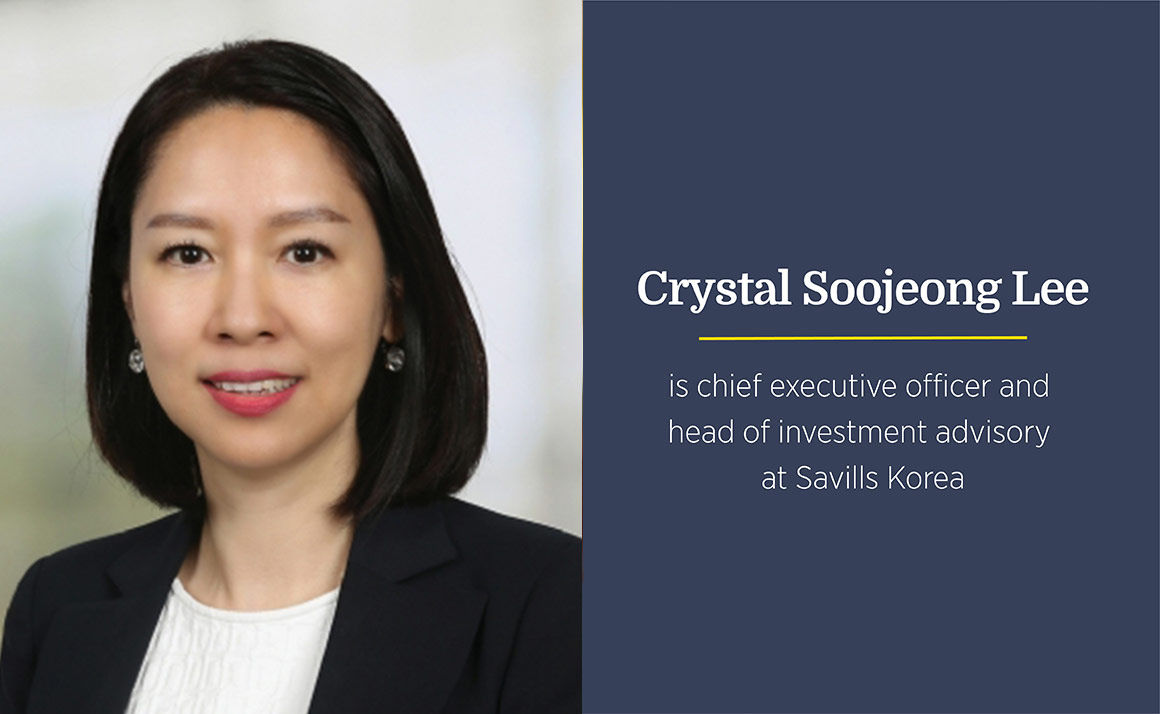
Seoul data center market report 2021
In common with markets all over the world, South Korea has seen accelerating demand for data during the COVID-19 pandemic, as consumers turned to online shopping and business users came to rely on video conferencing to communicate with staff and clients.
This demand is not going falter as the pandemic recedes. The demands of 5G networks, which Korea is already rolling out, will require increased data capacity and in the future, use of AI and big data by businesses and the growing use of the Internet of Things will all drive demand for more capacity.
Korea is not unusual in this, however its tech-fluent population, amongst the keenest online shoppers prior to the pandemic, will be at the forefront of new technology take-up. This brings opportunities and challenges to provide the real estate needed for the nation’s future data capacity.
Current vacancy in Seoul data centres is already close to zero, which has sparked interest from institutional investors and real estate developers in the growing opportunity presented by the sector. Future data centres in Korea will be concentrated in the Seoul Metropolitan Area, in districts such as Ilsan, Gasan, Sangam, Pyeongchon, and Yongin.
Traditionally, most of Korea’s data centres have been enterprise centres, which are owner-occupied. However, we expect rapid growth in the development of co-location centres, where capacity is leased to commercial end-users. There are numerous projects under development or leased to the world’s top DC operators, such as Equinix and Digital Realty Trust, providing cloud infrastructure for global cloud service providers including AWS, Microsoft and Google.
Data centre capacity is measured by power consumption and 190MW was added to Korea’s capacity between December 31 2019 and February 2021, and an additional 100MW is in the pipeline in 2021. According to the Korea Data Centre Council, total colocation data centre capacity reached 430MW at the end of last year and Savills Korea forecasts this will increase by 700MW from 2021 to 2023.
Domestic and foreign real estate investors realise there is a major opportunity here. UK-based investment manager Actis is developing a $315m data centre in partnership with domestic conglomerate GS, while Singapore’s Digital Edge made its first investments in Korea this year.
Investing in data centres will not be straightforward, due to the difficulty of accurately predicting supply, and market players will need to analyse future supply and the strategies of cloud service providers in order to provide the right capacity in the right place.
Nonetheless, even with the risk of short-term oversupply, Korea’s data centre market is set to be one of the most dynamic niches in Asia Pacific real estate.
Further reading:
Savills Korea Research
Contact Us:
Crystal Soojeong Lee



